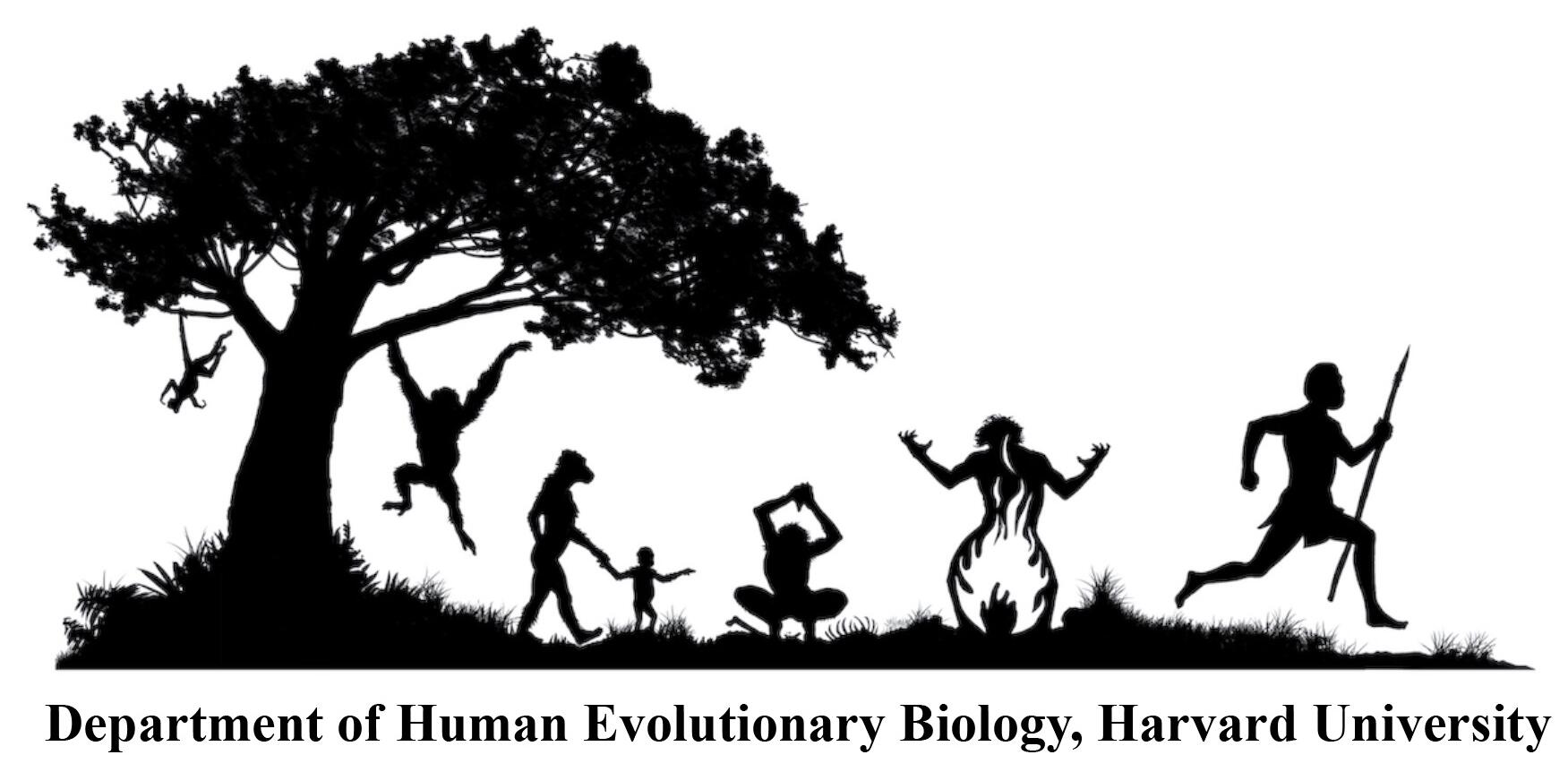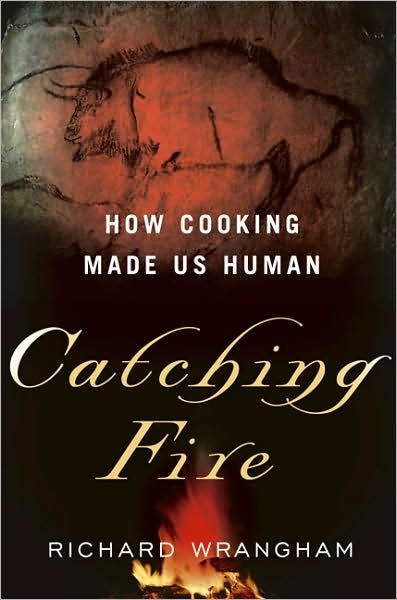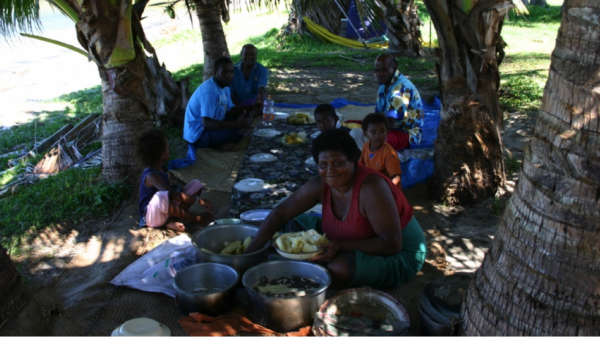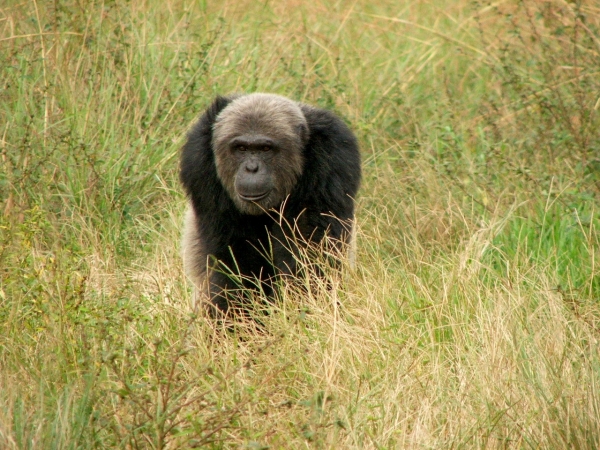Behavioral Bio & Cultural Evolution
2023
Mar
06
Characterization of Pan social systems reveals in-group/out-group distinction and out-group tolerance in bonobos
How humans evolved to get along (to extent that we do)
2018
Sep
28
2018
Sep
27
2017
Apr
06

 From the Harvard Gazette:
From the Harvard Gazette:








